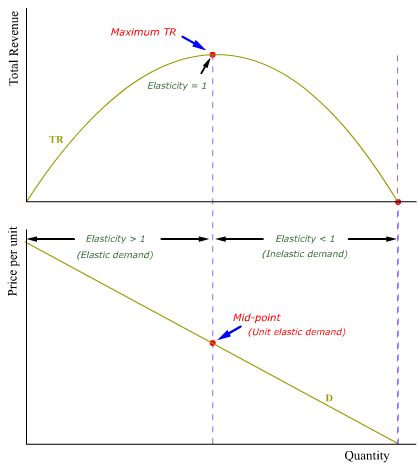Underground Sins
High sales tax on cigarettes inadvertently encouraged underage smoking and reduced tax revenues.
Sins such as smoking and drinking are favorite targets for steep government taxes because of their inelastic demand. If quantity demanded stays more or less the same before and after taxation, two birds can be killed with one stone. Namely, tax revenues stay high and the moral high grounds of suppressing sins are secured.
But the reality is more complicated. In the beginning, tax revenues stayed high in Canada when the cigarette tax increased by 550% between 1982 and 1991 (Ottawa Citizen 5/12/2004). But soon afterwards, tax revenues started going down as contrabands from lower-tax sources were smuggled into Canada. In early 1994, the highest legal price of a carton of cigarettes was nearly $50 Cdn. Tobacco smuggled primarily from the U.S. sold for roughly half the legal price. According to industry sources, ¾ of cigarettes consumed in Quebec and 40% in Canada were contraband (WSJ). In other words, an innocent sin has been driven underground by high taxes. When sins are firmly established underground, the one stone of higher tax no longer kills any birds. Consumption stays high because contraband cigarettes can be more easily bought by children than legal ones and tax revenues are siphoned off to nurture organized smugglers (Washington Post).
To head off smuggling, the Canadian government lowered the tax by $20 Cdn per carton in February 1994. In Quebec, this led to a drop of 50% in legal tobacco prices. Smuggling was estimated to have been reduced by 80 - 90%.
Like other inputs that go into the making of a product, taxes represent a cost. The same incentive to shop for lower-cost non-tax inputs motivates the search for lower-cost tax regimes. As long as other geographical localities have lowered taxes for similar products, those sources would be tapped provided that the transportation costs are lower than the avoided taxes. In 1994, the lower-tax source was the U.S. In 2000, however, cigarette price averaged $1.50 Cdn a pack more in states bordering Canada. So Canada was again thinking about raising the tax to the higher pre-1994 level. But again, other unnamed foreign pre-tax lower-cost sources were close at hand.
Economists usually regard tax as an unnecessary evil because mutually beneficial market exchanges are reduced to absorb the taxes. This reduction is the so-called deadweight loss1. But if taxes are needed to fund collectively provided services, they are just as necessary as any other production inputs. The only debate should be on what is the optimal level of collective goods. The degree of smuggling induced by taxation is a proxy indicator of whether the tax levels are out of line with neighboring tax regimes. But would the need to reduce smuggling lead to a rush to the lowest common denominator in tax level?
Notes:
- The loss of economic surplus due to an inefficient level of economic activities.
References:
- WSJ. 4/8/2004. "Canada's taxing pols outwitted by underground economy."
- The Ottawa Citizen. 8/17/1994. "Don't expect tax cuts on booze."
- The Ottawa Citizen. 5/12/2000. "Raise cigarette taxes: Harris: but industry fears
- Washington Post. 5/20/1998. "Black market bonanza."
Glossary:
- deadweight lossThe loss of economic surplus due to an inefficient level of economic activities where economic surplus is defined as the difference between the reservation price (highest price one is willing to pay) and the marginal cost of a good.
- inelastic demandDemand is inelastic when the percentage change in quantity demanded is smaller than the percentage change in price. Total revenue would increase with price increases and decrease with price decreases.

Topics:
Keywords
Canada, cigarette, contrabands, sales tax, sins, smuggling, tax revenues
